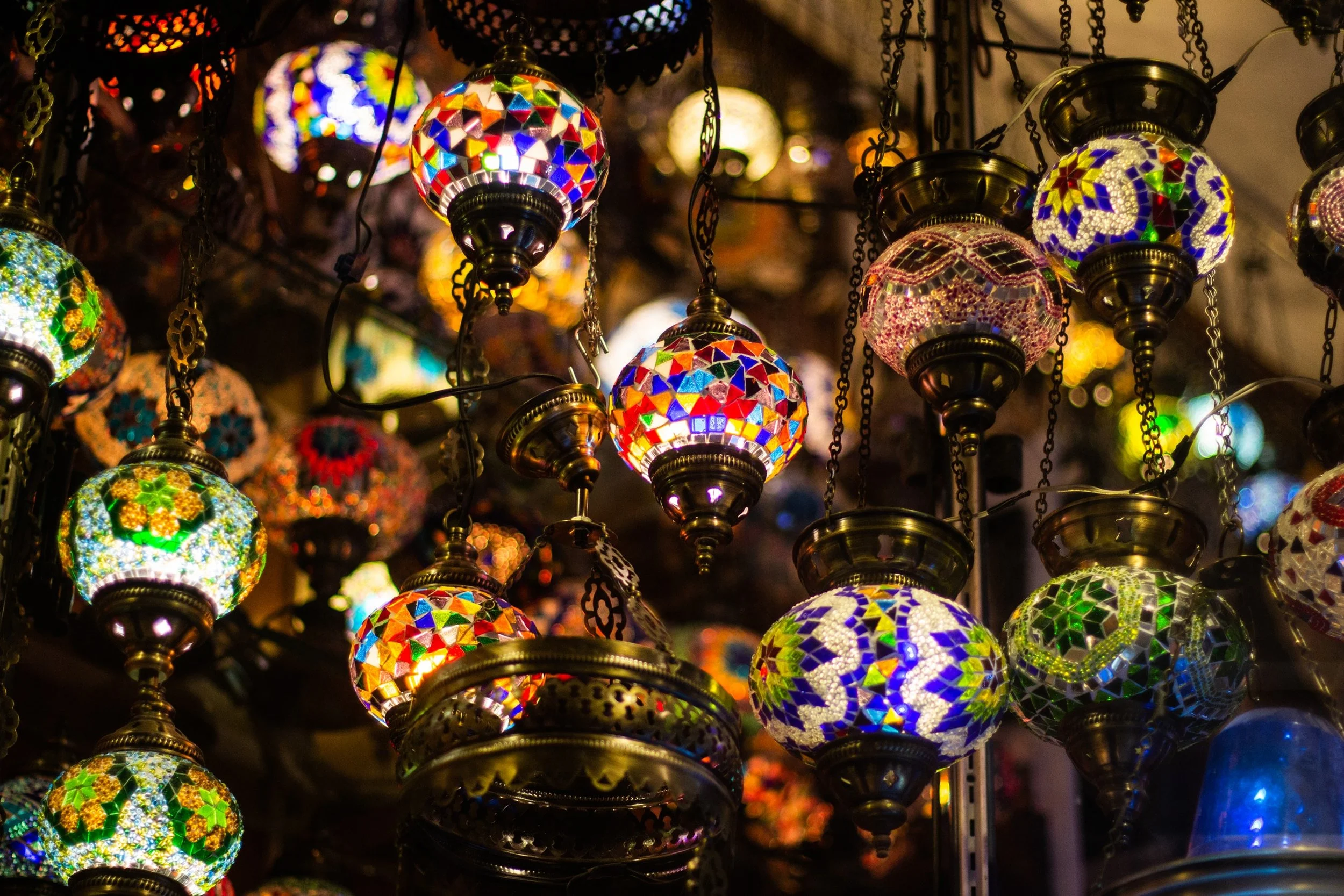Current Research
This is a SSHRC-funded project which I am co-leading with Andrea Paras (Guelph University), where we explore the policies and practices put in place by hospitals with regards to diversity. Public healthcare institutions have started to respond to calls to address structural inequalities and improve accountability by developing new practices around inclusion, diversity, equity and anti-racism (IDEA). Hospitals have been at the forefront of these efforts as they cater to a diversity of patients, who can find themselves in a very vulnerable state, and sometimes are required to stay in hospitals for prolonged periods of time. Indeed, healthcare practitioners in hospitals are regularly required to find ways to meet a variety of needs, that can range from dietary requirements and cultural and religious specific practices to providing care in particular languages or support to mitigate particular socio-economic challenges. The objective of this project is to provide a deeper understanding of how questions around ethnic, socio, political, religious, and cultural identity are negotiated through policy and practices. This is a 5-years project (2021-2026).
More about this project is available on its dedicated website https://www.catholichealthcare.ca/
Politics of Diversity in GTA Hospitals
The SOM project is a pilot study conducted with my colleague Jennifer Selby (MUN) that examines how – over the last decade - several Québécois political parties have reinforced a model of religious governance that is decidedly different from the rest of Canada. This model draws directly from the French model of laïcité (French secularism). At the same time, there has been significant migration of French people to the province’s largest city, Montreal.
Significantly, like in France, most Quebecers agree with restrictions on religious signs and see themselves as “secular” or non-religious. But who is this “invisible” majority? In scholarly publications, policy, the media and in the streets, “secular people” are often defined in terms of the religiosity they are without. Their lack of religiosity renders them invisible. Little attention is paid to the beliefs, practices and cultural sensibilities that shape their identities and activities. This pilot research project seeks to shed light on the beliefs and non-beliefs of French migrants to Québec since 2007, and explores their positions on laïcité.
More about this project is available on its dedicated website https://www.secularismonthemove.ca
Secularism on the Move: When French Secularism Migrates to Quebec (SOM)
This project, which was funded by a SSHRC insight development grant, seeks to document the work of faith-based activists at the United Nations Human Rights Council, exploring, among other things, how these actors engage in a continuous work of translation. Not only do they translate their religious values into human rights to be heard in UN forums, but they also have to make their human rights work accessible to members of their faith communities unfamiliar with the UN lingua franca. More generally, the project pays particular attention to how these actors are shaping human rights debates and norms. Given that the great majority of these activists are Christian, I also interrogate the consequence of this lack of diversity on this inner crafting of international human rights law. I finished fieldwork for this project in 2018, and I am currently in the last stage of writing a monograph based on this research.
